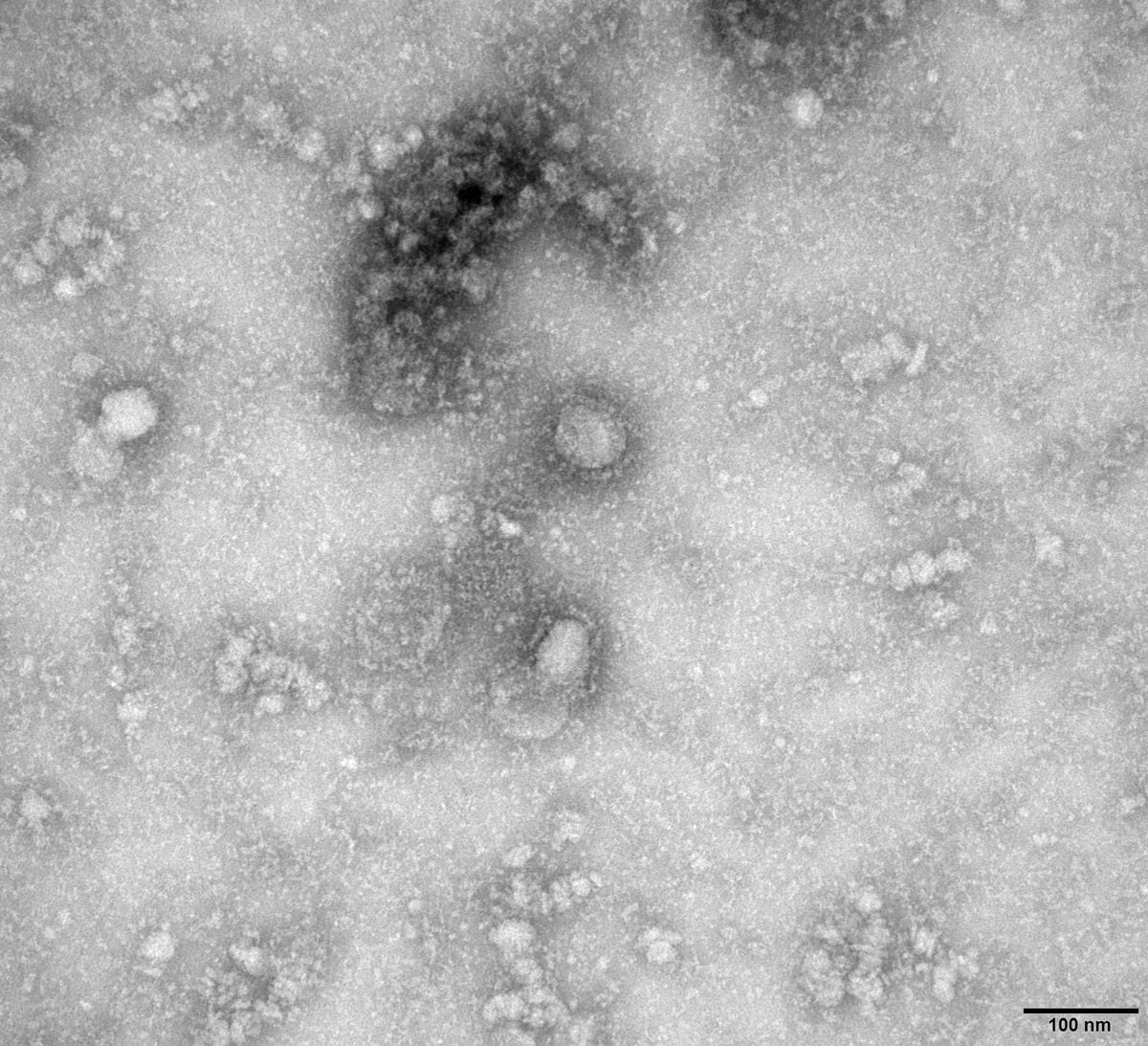The largest genetic database on SARS-CoV-2 and its variants is that of gisaid.org. GISAID is the acronym for Global Initiative on Sharing All Influenza Data, which does not help much to focus the issue. It is a non-profit public / private consortium that started in 2006 with the support from 70 high-end scientists, including 7 Nobel laureates. In January of that year, the leading newspapers had begun to bring the victims of avian flu (H5N1) to the front page, and by then the new sequences (gatacca…) of the virus variants were little less than an industrial secret in each affected country. This vital information did not appear in the databases used by geneticists, such as GenBank or EMBL. GISAID was founded to solve that pressing problem.
Fifteen years later, and since the most urgent problem is not a flu virus, but a coronavirus, the initiative has been extended to make it easier for scientists to share their SARS-CoV-2 sequences and its variants in the public domain. Genomes are texts (gatacca …), and their value is often as high as that of a secret document, which is nothing more than another text (the spy is …). A few changed letters in the genome can turn a manageable virus into a leviathan, as became clear in the past decade when a Dutch and an American laboratory found the five key ‘letters’ that give H5N1 a high ability to spread between people.
A few changed letters in the genome can turn a manageable virus into a leviathan
That issue alerted the White House and many other governments. Should those five letters be published? Wasn’t that giving clues to bioterrorists and other gangsters? Okay, the scientists responded, and how can we be prepared against natural variants if we don’t discover and communicate to our colleagues which ones are the most dangerous? This virus comes to us from birds, wild or farm, and a threatening mutation can appear anywhere in the world. If the scientists there do not know what they are looking for it is impossible for them to find it. Unlike national security, science is an international endeavor or it is not.
The success of GISAID has stunned the other public databases of coronavirus genomes. Its platform has hoarded in just over a year 1.2 million SARS-CoV-2 sequences deposited by scientists from 172 countries. This treasure of information does not belong to anyone, but is a common work of the people in white coats around the planet, who have been working hard to detect and read them. Genomics is the most accurate microscope available to us for this crisis. It allows you to know where a variant comes from, how it spreads around the world and how restrictive measures and vaccination campaigns are stopping the bank that the virus is taking. None of this would exist without cooperation among the world’s scientists.
You can follow MATTER on Facebook, Twitter me Instagram, or sign up here to receive our weekly newsletter.





